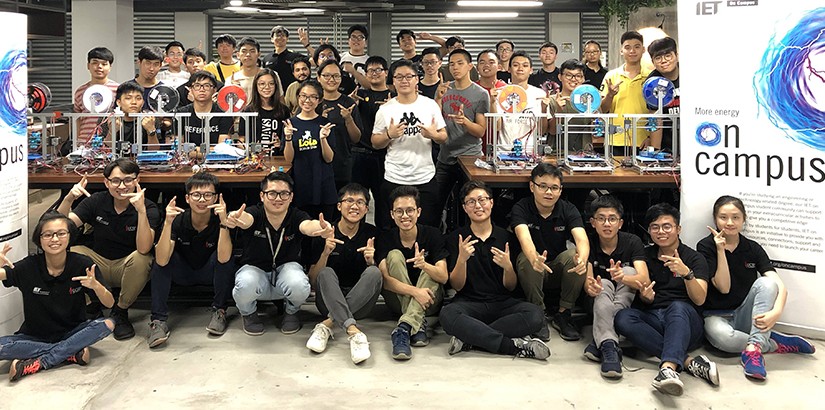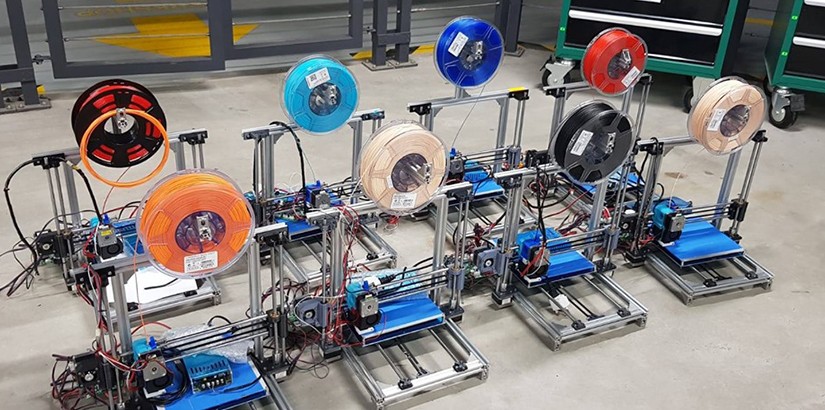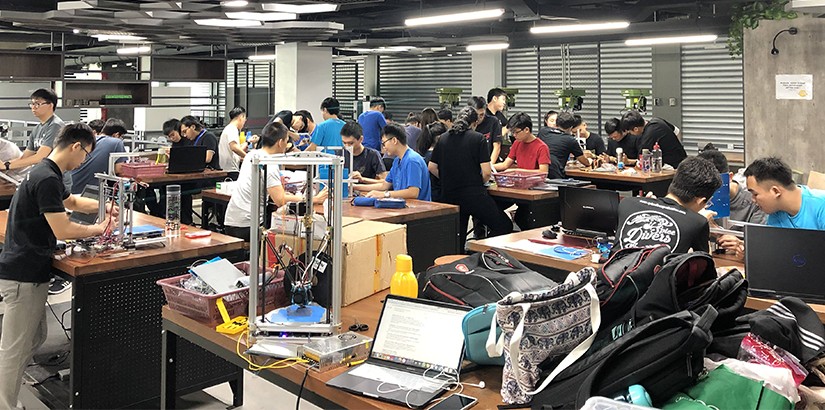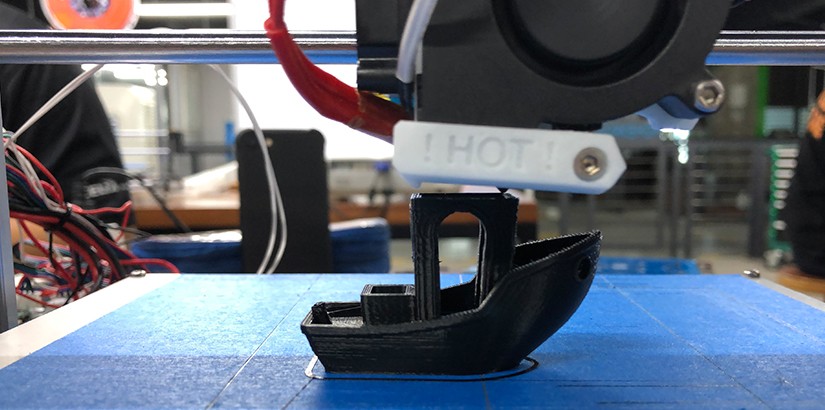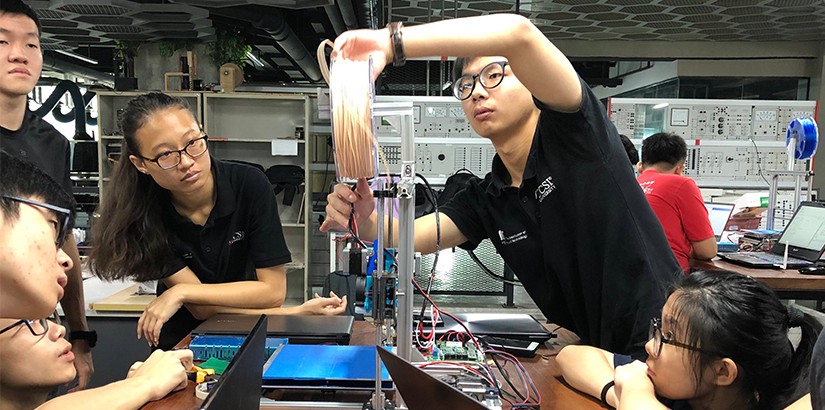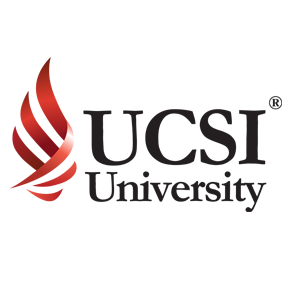2019
9 Aug3D Printer Workshop by UCSI University’s IET On Campus
The Institute of Engineering and Technology (IET) On Campus of UCSI University successfully conducted their first 3D Printer Workshop on July 27 and 28, 2019. This workshop aimed to provide a comprehensive review of additive manufacturing technology to students by addressing various types of real-world problems.
Through this workshop, students gained theoretical knowledge of 3D modelling and gained extensive practical experiences via the assembly and calibration of 3D printers. Furthermore, they were also exposed to the proper skills of handling the slicing software and some useful guidelines to evaluate the quality of 3D printed products.
A total of 35 students from different disciplines including engineering, business and optometry participated in this two-day 3D Printer Workshop and they were divided into eight groups. At the beginning, a brief introduction and basic knowledge of 3D printer was presented to the participants by Ngo Kah Lock, the organising chairperson.
The workshop continued with a series of extensive hands-on sessions that began with the assembly of the 3D printer. During the assembly process, all participants learnt about the mechanical components and operating mechanisms of a 3D printer.
They also acquired the practical skills in handling the electrical components of 3D printer through the installation of different sensors and actuators, as well as interfacing these components with microcontroller to ensure the functionality of 3D printer. There was a brain-storming session among the trainers and participants in troubleshooting the technical issues encountered during the assembly process.
After completing the assembly process, the participants proceeded with the calibration process of the 3D printer to ensure the 3D printed products could be produced with decent quality. Some useful guidelines were shared by the trainers during the calibration process, including the fine-tuning of distances between the nozzle and bed in order to achieve good first layer, calibrating the stepper motors of 3D printer that involves determining the relationships between steps and distance and fine-tuning of filament settings based on the physical characteristics of filaments.
A popular torture test known as 3DBenchy that required participants to print ship samples was used to validate the calibration results of the 3D printer. Compared to the assembly process, the 3D printer calibration process was challenging to most participants because it is a relatively new concept and requires more practice to achieve the appropriate settings.
Ngo Kah Lock, a Year 3 Mechatronic Engineering student who was also the principal trainer of this 3D Printer Workshop, believed that both theoretical knowledge and practical hands-on skills are equally important for students to become competent engineers.
“The knowledge that we get from classrooms are fundamental concepts and it is crucial for us to practise the knowledge and skills learnt in order for us to fully master certain topics. In fact, engaging in various practical works such as building a 3D printer can stimulate interest in the additive manufacturing technology further and the completion of these hands-on projects will enable me to gain more experience in the field,” said Kah Lock.
Lim Kel Vin, a Year 3 Mechatronic Engineering student also in the organising committee mentioned that his participation in this 3D printer workshop enabled him to learn new skills and knowledge relevant to Industry 4.0.
“I can finally print any designs that can be produced from the CAD software through this new rapid prototyping technology. I truly enjoyed my role as a helper in assisting the participants assemble and calibrate their 3D printers. Thank you Kah Lock and UCSI IET On Campus for giving me the opportunity to learn new things through this workshop” said Kel Vin.
Assistant Professor Dr Tiang Sew Sun and Assistant Professor Dr Lim Wei Hong, club advisors of UCSI IET On Campus expressed their appreciation to all committee members.
According to them, the response of the 3D printer workshop was overwhelming with participants from other faculties. Undeniably, this shows that the technological advancement brought by Industry 4.0 has impacted everyone regardless of their disciplines. They were proud of the team and hoped that the success of the 3D Printer Workshop would be able to motivate the committee members to organise more impactful events that stay relevant to the Industry 4.0 in the future.
Before the workshop ended, all participants tried their hands at the basic techniques of using Solidworks, one of the widely used Computer-Aided Design (CAD) tools in various industries, including industrial machinery and heavy equipment, mould and die, automotive, medical devices, oil and gas, etc. The workshop officially ended after a sharing session from participants and a group photo session.



